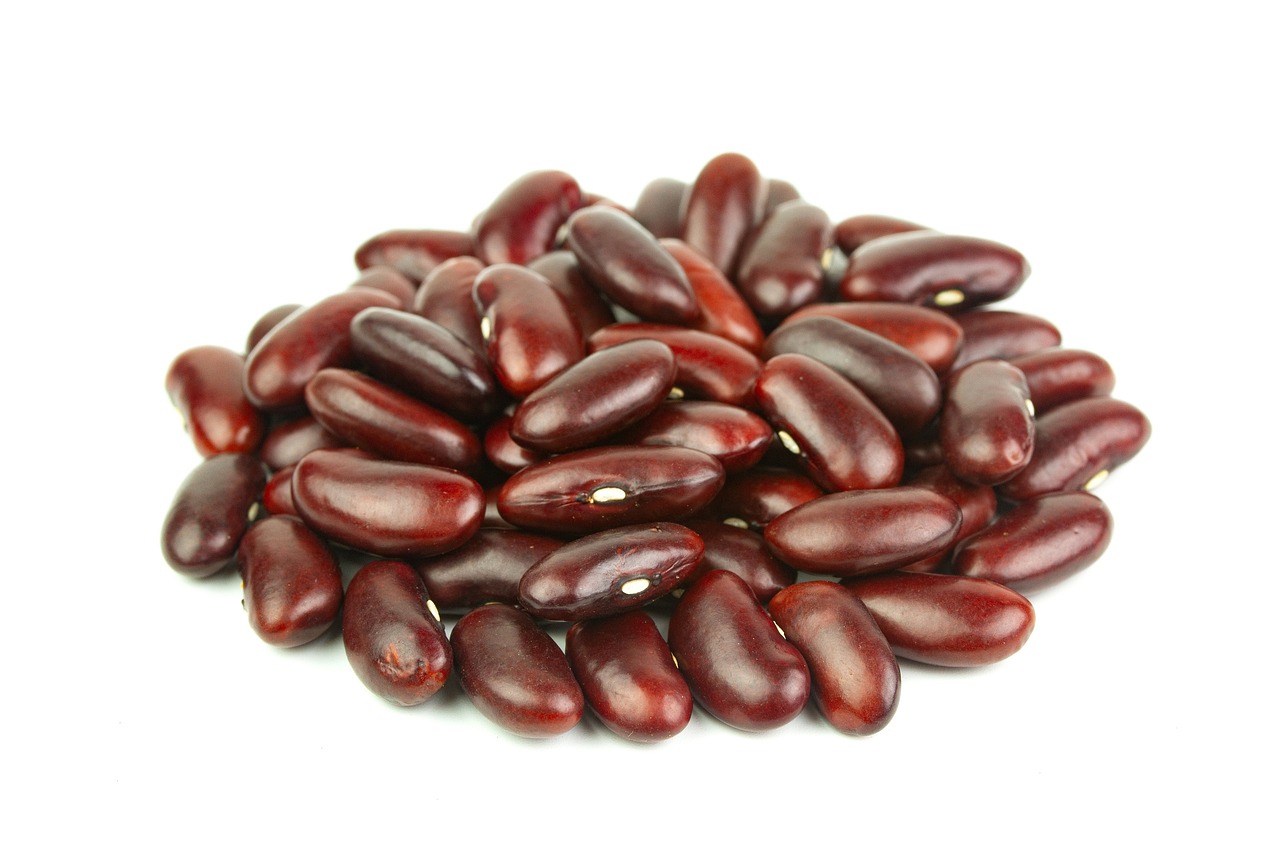Exploring the Role of Gut Microbiota in Obesity: 11xplaypro, The tiger 247 login, Betbook login
11xplaypro, the tiger 247 login, betbook login: Obesity is a growing epidemic worldwide, affecting millions of people and leading to various health complications. While diet and lifestyle play a significant role in the development of obesity, recent research has shown that the gut microbiota also plays a crucial role in the regulation of body weight and metabolism.
What is Gut Microbiota?
Gut microbiota, also known as gut flora or gut bacteria, refers to the trillions of bacteria, fungi, and other microorganisms that live in our digestive tract. These microorganisms play a vital role in digestion, nutrient absorption, immune function, and overall health.
Role of Gut Microbiota in Obesity
Recent studies have shown that the composition of gut microbiota differs between lean and obese individuals. People with obesity tend to have a higher ratio of harmful bacteria and a lower ratio of beneficial bacteria in their gut compared to lean individuals. This imbalance in gut bacteria can lead to increased inflammation, insulin resistance, and weight gain.
Additionally, gut microbiota can influence the way our bodies extract energy from food. Certain bacteria in the gut can break down complex carbohydrates that our bodies cannot digest on their own, leading to the production of short-chain fatty acids. These fatty acids can be absorbed by the body and stored as fat, contributing to weight gain.
Furthermore, gut microbiota can affect hunger hormones, such as ghrelin and leptin, which regulate appetite and food intake. Imbalances in gut bacteria can disrupt these hormones, leading to increased appetite and overeating, both of which are contributing factors to obesity.
How to Improve Gut Microbiota for Weight Management
Fortunately, there are ways to improve the composition of gut microbiota to promote weight loss and overall health. Here are some tips to enhance your gut health:
1. Eat a diverse range of foods, including fruits, vegetables, whole grains, lean proteins, and healthy fats. This will help promote a healthy balance of gut bacteria.
2. Include probiotic-rich foods in your diet, such as yogurt, kefir, sauerkraut, and kimchi. These foods contain beneficial bacteria that can support gut health.
3. Avoid processed foods, sugary drinks, and artificial sweeteners, as these can disrupt the balance of gut bacteria and promote weight gain.
4. Incorporate prebiotic foods into your diet, such as garlic, onions, bananas, and asparagus. Prebiotics feed the beneficial bacteria in the gut, promoting a healthy microbiota.
5. Consider taking a probiotic supplement to boost the levels of beneficial bacteria in your gut.
FAQs
1. Can gut microbiota cause obesity?
While gut microbiota can play a role in the development of obesity, it is not the sole cause. Factors such as diet, lifestyle, genetics, and environment also contribute to weight gain.
2. How long does it take to improve gut microbiota?
Improving gut microbiota can take time, but changes in diet and lifestyle can lead to noticeable improvements in a few weeks to a few months.
3. Can gut bacteria affect mood and mental health?
Yes, there is growing evidence that gut microbiota can influence mental health and mood through the gut-brain axis. Maintaining a healthy gut microbiota is essential for overall well-being.
In conclusion, gut microbiota plays a significant role in obesity and weight management. By making healthy lifestyle choices and promoting a diverse gut microbiota, you can support your weight loss efforts and improve your overall health. Remember, a healthy gut is a happy gut!







